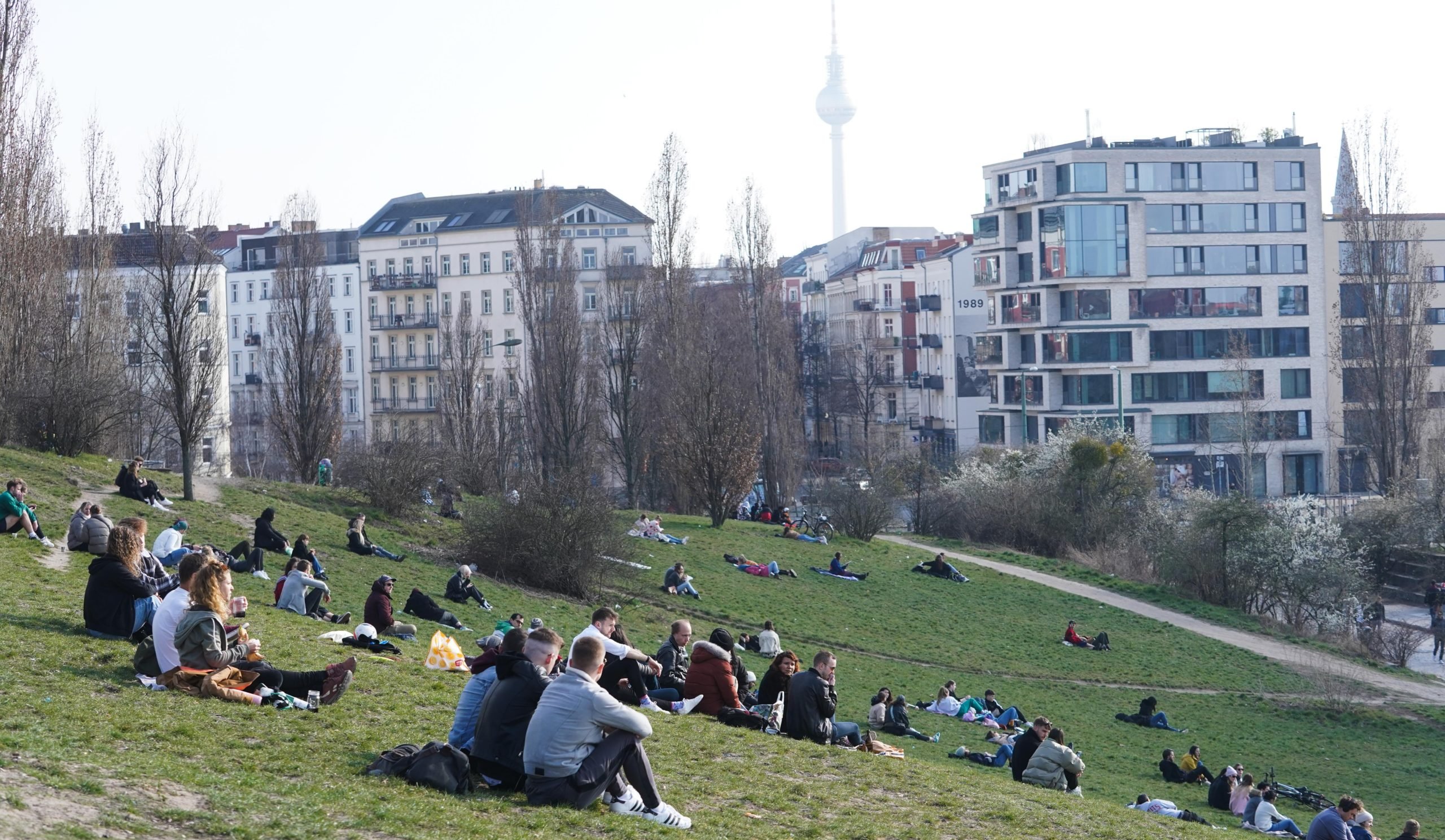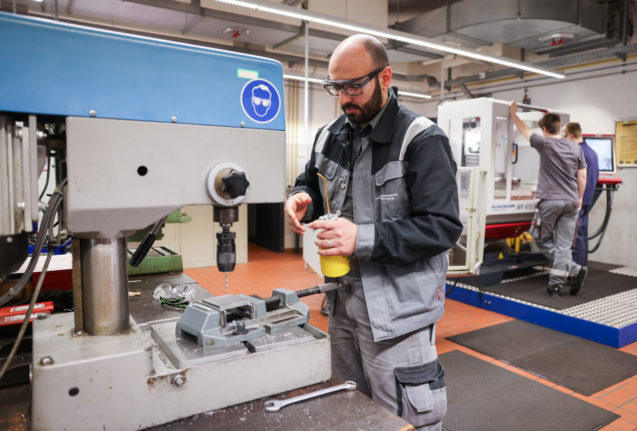A total of 3,348 new startups were founded in Germany in 2021, according to an evaluation by Startupdetector – an increase of 11 percent compared to 2020.
After the first Covid-19 Lockdown in March 2020 caused the number of startups to plummet, the situation has now eased again.
“At a strong level of just over 800 startups per quarter, the numbers seem to be stabilising,” researchers at Startupdetector said.
Industry leaders are pleased with the development.
“Startups are the economic power of the future,” said Christoph J. Stresing, Managing Director at the German Startups Association.
However, he said a lot of potential still remains untapped. “This applies, for example, to the area of spin-offs from universities or research institutes,” said Stresing. “Despite an outstanding research landscape, we too often find it too difficult to transfer research results to marketable products and thus stand in our own way.”
READ ALSO: The surprising parts of Germany where new businesses are blooming
As well as new startups, the number of companies that were able to attract external investors such as venture capitalists rose by 27 percent to 2,087 last year.
However, Stresing points out that this still does not come close to the financing amounts in other countries: “Despite the positive development of investment figures in recent years, we in Germany are still very clearly behind not only the USA, but also countries like Sweden or the United Kingdom in terms of investment per capita,” he said.
Berlin remains startup capital – but growth elsewhere
As in previous years, most startups were founded in Berlin in 2021: with 747 companies, around 22 percent of all new German startups were created there.
“In Berlin in particular, we see a startup ecosystem that has matured in many parts,” said Stresing. It consists not only of founders and investors, but also of highly qualified employees, universities and colleges, and is now able to “fuel itself from its own momentum”.

But other states were able to grow stronger too, as the number of startups increased in most of them. According to the analysis, Baden-Württemberg (with an increase of 21 percent), Lower Saxony (plus 30 percent), Saxony (plus 54 percent) and Saxony-Anhalt (plus 166 percent) recorded particularly high growth.
With 108 newly founded startups in 2021, Saxony is the front-runner among the eastern German states, where the start-up rate is comparatively low.
The evaluation of startups at the district level also shows something surprising: the district of Starnberg in Bavaria tops the list ahead of Berlin with a density of 20.5 new startups per 100,000 inhabitants.
“The companies from the Starnberg district are diverse: from the regional fresh food courier Regioluzzer to Servail, whose robots maintain railway tracks, to The Exploration Company, whose founder Hélène Huby wants to build a spaceship,” the analysts at Startupdector said.
The district southeast of Munich, which is home to stunning views of the lake and mountains, is one of Germany’s wealthiest.
READ ALSO: Booming startups draw expats to Germany
What are some of the trends for German startups?
When it comes to sectors, software, medicine and e-commerce continue to dominate the startup scene, but things are changing.
“The presumably pandemic-driven e-commerce boom of 2020 seems to be slowly subsiding, however, as a slight decline can be seen in this industry,” the report says.
In contrast, the number of startups increased particularly in gaming, media and environmental technology. New methods to combat the climate crisis seem to be becoming a big trend in startups and investments – this area was able to record an increase of 144 percent.
Startups are still mainly founded by men. However, the share of companies with at least one woman on the management board has been increasing for years and could exceed the 20 percent mark for the first time in 2021.
“This means that the share of female (co-)managed startups is still shockingly low, but 84 new female startups still correspond to an absolute increase of 14 percent compared to 2020,” said the analysts.
The proportion of people with an academic degree involved in a startup is strikingly high. About 14 percent of the teams have doctors or professors on board, while people with these titles make up just 1.2 percent of the total population.
Those who are thinking of launching their own innovative business idea quickly should pay close attention to the state they’re doing it in.
The analysis showed that startups in Bavaria and Baden-Württemberg were registered after 28 days on average. In Hesse and Saarland, however, registration takes almost four more weeks. The fastest route is in the Bavarian city of Landshut, where registration takes only eight days.
What’s a startup?
Startups are innovative, mostly digital companies that develop new business models in mostly young markets. So not every newly founded company is a startup. Self-employed craftspeople or freelancers such as architects and lawyers, for example, are considered business founders – and not start-up entrepreneurs. A startup company – in addition to an innovative business idea – has the primary goal of growing quickly.
Although startups can be companies from all industries, in practice they are often active in the technology and internet sector. Typical sectors are e-commerce, application software, financial technology, biotechnology, nanotechnology, new manufacturing processes or aerospace technology.



 Please whitelist us to continue reading.
Please whitelist us to continue reading.
Member comments